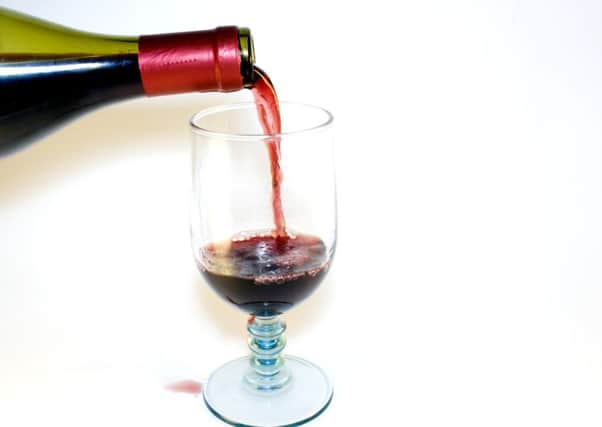Colin Wright: Why should nanny state drink rules punish the vast majority?


The implication is that this action will somehow aid problem drinkers in limiting their alcohol intake even if it is at the expense of inconveniencing the many hundreds of thousands of normal drinkers. However, someone with a problem will access alcohol at any time in whatever way whereas the rest of us will be in an enormous post-work queue to buy a bottle of wine for dinner.
The current problem also needs to be put into context. The latest Scottish government figures show that in 2015 there were 1015 alcohol-related deaths, which was the third lowest annual total since 1997. Alcohol-related deaths peaked in 2006 with 1546 that year, with a broadly downward trend since then.
Advertisement
Hide AdAdvertisement
Hide AdTo put this into further context, smoking-related deaths in Scotland account for 13,500 people a year, which is one in five of all deaths, and is responsible for 33,500 hospital admissions annually at a cost of £400m for treating smoking-related illness. The latest statistics on drug-related deaths in Scotland are 706 for 2015, which is the highest ever figure and shows a steady increase year-on-year, with the current figure double that of 2005.
At issue here is a growing view that abstinence from alcohol is the best way forward. I have yet to meet a doctor or nurse who believes that the most recent levels of safe drinking announced at the start of the year at 14 units per week is likely to be met and will result in most individuals choosing to ignore health advice which they believe is unreasonable.
Alcohol is undoubtledly dangerous for some people who drink to excess. I know this from personal experience having had a close friend die of alcoholism but the majority of people do not drink to excess, will never die from an alcohol-related illness, and enjoy drinking as part of their social and cultural life.
This doom and gloom “one size fits all” approach to healthcare is leading many to mistrust and question the motivations of the NHS and undermine its credibility. By targeting the majority for the behaviour of the minority, by setting unachievable targets for drinking and for diet (everyone knows that the five fruit and vegetables target is entirely without scientific foundation) the NHS is in danger of losing touch and being ignored by the very people who should be heeding its health messages.
Colin Wright is a PR consultant